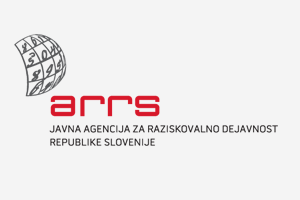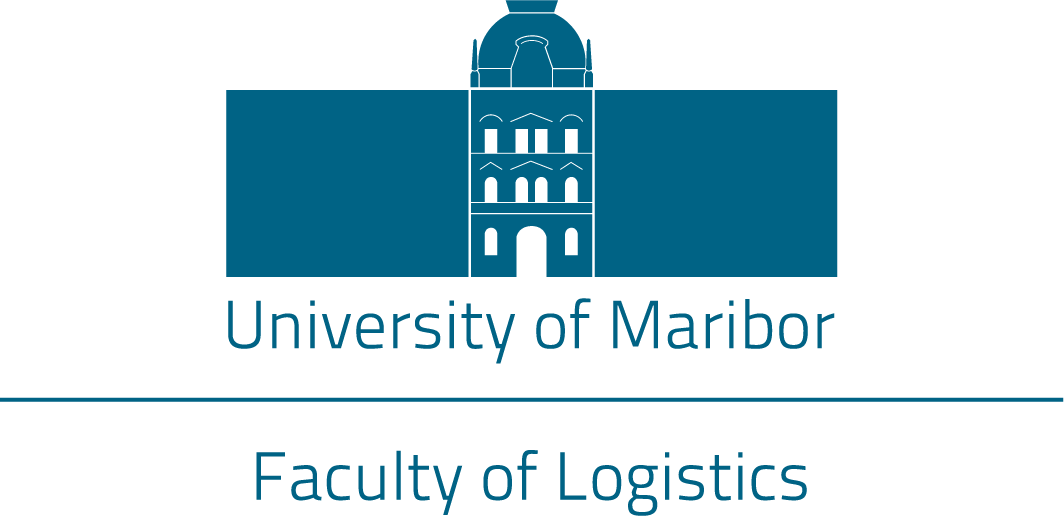Circular Economy for Sustainable and Resilient Supply Chains
Project Name: Circular Economy for Sustainable and Resilient Supply Chains
Project client: ARRS Public agency of the Republic of Slovenia for research activities
Time frame: 1 April 2023 – 31 March 2025
Project coordinator: UM Faculty of Logistics
Participating organizations: University of Dubrovnik
Brief summary of the project:
Due to rare materials and limited access to these critical raw materials, we are currently already witnessing the challenges of supply disruptions. The project therefore focuses on identifying solutions that enable more resilient supply and sustainable handling of materials and environmental protection. The purpose is to identify good practices of the circular economy in Croatia and Slovenia, which have the potential for a broad contribution to sustainable development and could help to create more resilient supply chains based on the “9Rs” of the circular economy with a special emphasis on more efficient use of resources, re-production or . processing, reuse, shared economy, bioeconomy and reducing the amount of produced waste. Defining the currently perceived key challenges for more intensive implementation of circular economy practices and a detailed analysis of future challenges in Slovenia and Croatia will round off this research. In the next step, we will focus on the comparative analysis of Slovenia and Croatia according to the indicators of the 17 UN Sustainable Development Goals and the sustainability index, with an emphasis on goal no. 12 – responsible production and consumption. It is estimated that by reducing the dependence on imported materials based on the implementation of reuse of existing products, bioeconomy, shared economy and more efficient use of resources, we could significantly contribute to lower import dependence of Slovenia and Croatia and establish a higher level of resistance to disturbances, which is one of the priorities EU. Improving the resilience of supply chains enables sustainable development for all. The good practices of the circular economy are therefore one of the key elements of the transition towards sustainable use of resources, decarbonisation, a sustainable way of life and sustainable management of the environment and ecosystems and environmental protection. We highlight two practices that will be examined in more detail, namely the second life of used batteries from end-of-life electric vehicles and the process of using problematic shellfish waste (shellfish, snail shells) as production and construction material in Croatia.

